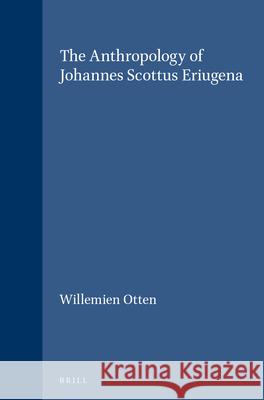The Anthropology of Johannes Scottus Eriugena » książka
The Anthropology of Johannes Scottus Eriugena
ISBN-13: 9789004093027 / Angielski / Twarda / 1990 / 244 str.
This book deals with Eriugena's anthropology in the general context of his thinking on universal nature.
At the outset the role of man seems to be conditioned by nature's dynamic development through the Neoplatonic stages of procession and return. As man is located at the turning- point between procession and return, he is not only governed by nature's unfolding, but can also exercise control over it. Thus it is shown that man should be seen as much more independent than the cosmological structure of Eriugena's philosophy of nature seems to indicate.
The study of Eriugena's anthropology urges a re-evaluation of the position of man in the early medieval period. Although man characteristically possesses a sinful, created state, Eriugena shows that this does not prevent him from entertaining a free and direct relationship with God and the surrounding universe. In dealing with the problem of human sin, Eriugena brings out Christ's saving role, but it seems counterbalanced by man's intrinsic potential as the "divine image" to rehabilitate himself. In this respect Eriugena's flexible method of reasoning - his handling of negative theology, theophany and allegorical exegesis - serves as a remarkable example of human independence in what has so often been portrayed as the "static" early-medieval world.











